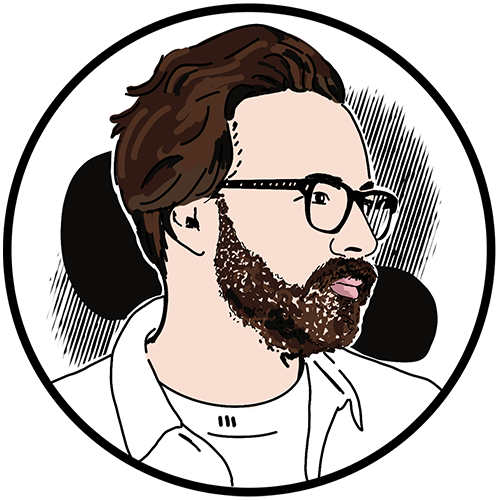In late December, Athletic Brewing Co. launched Track Record, a Dry January tracker designed to help participants record their alcohol-free days. Nested inside the Athletic app, Track Record gives the ascendant non-alc brewer’s customers “a guilt-free way of practicing mindfulness and moderation.”
It’s unsurprising to see a leading non-alcoholic beermaker invest in this technology. A 2022 Nielsen report found that 22% of people were cutting back on alcohol, and apps are not new in the world of recovery. Most newly sober people use some kind of day counter, a signal of how the culture has shifted from chips and clandestine ceremonies to Instagrammable screenshots as the marker of progress. It’s right in line with other goals celebrated with badges, level-ups, and push notifications to share your progress on platforms like Duolingo, Goodreads, and Strava, which all operate on the same principle as Track Record—turn your progress into shareable content, and let your community keep you accountable.
Like turning on location sharing for your sobriety journey. The anti-Untappd.
In the monthslong leadup to Dry January, my social feeds have been overrun by apps like Reframe, Pelago, Kyros, and One Year No Beer that blend technology, behavioral science, and soothing design to reprogram your relationship to alcohol. But of all the options in the app store, none has been more persistent in their marketing than Sunnyside.
Founded by Silicon Valley entrepreneurs Ian Andersen and Nick Allen, Sunnyside has quickly become the market leading sobriety app since launching as Cutback Coach in 2020. According to the company’s own figures, it’s helped 200,000 people cut out 13.5 million drinks in the past three years. The app uses a simple logging system, analytics dashboards, and text-based coaching to help users “ease into mindful drinking at your own pace.” And while Track Record, Sunnyside, and their peers represent an enlightened alternative to the strict, often moralistic, abstinence programs of yoree, there’s lots to be skeptical about when it comes to sobriety apps.
Mindful drinking and sober curiosity are cresting trends in American culture, and the tech industry, in their obsessive pursuit of optimization, has pounced. While these companies seem altruistic and progressive, there are millions of dollars of venture capital tied to these apps’ impact on your mental and physical health, and without a user to dutifully enter their data, there’s no product to be had. Reviews of Sunnyside and Reframe are generally favorable with the biggest gripe being the sometimes overbearing messaging, but what else would it be but relentless? Your attention is, as ever, the currency at stake.
Keep that in mind when you come across a sponsored ad that promises a revolutionary new way to conquer your drinking. What is in the balance after you make that click and fill out the onboarding form? Could putting something as tender and personal as your sobriety in the balance justify the ease, simplicity, and shareability that these apps offer?
I’m not sure what's fully on the line when you're using these apps, only that it’s the same thing that’s at stake whenever we turn our faces to that OLED screen and start that never-ending scroll. It starts with a log-in, escalates to demographic data collection, and capitulates in an everyday invitation into our personal lives. But this time, it’s more than a credit card balance that’s at stake.


